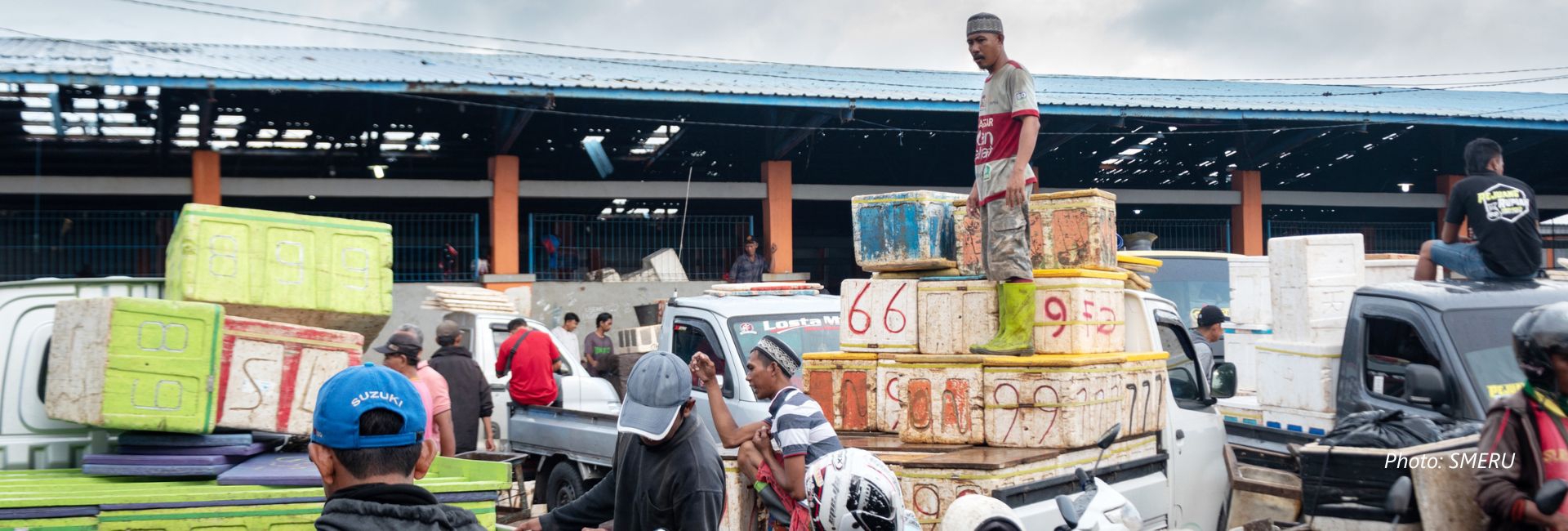This paper seeks to answer whether or not rural–urban migrants “make it”, i.e. whether or not they are able to, at least, achieve a socioeconomic and health status similar to that of their nonmigrant counterparts living in the same city. Using specifically collected data on rural–urban migration, this study finds that, after controlling for various characteristics, migrants’ household incomes are significantly higher than those of nonmigrants. They also have a significantly lower probability to be absolutely poor than nonmigrants. Their health performance and that of their children are also no different from the health status of nonmigrants. There is only weak, and not robust, evidence that children of migrants have a higher probability of being significantly underweight. Their children’s educational performances do not lag behind. In fact, for lifetime migrants, there is evidence that their children’s educational attainments are significantly better than those of nonmigrants’ children. Therefore it can be inferred that the process of rural-to-urban migration in Indonesia is not a harmful process. In fact, it has been found to be beneficial to the socioeconomic condition of the migrants. It is a way to provide a better life for poor rural people. To allow this process to happen naturally, the government needs to reduce unnecessary barriers to rural people who want to move to urban areas.



